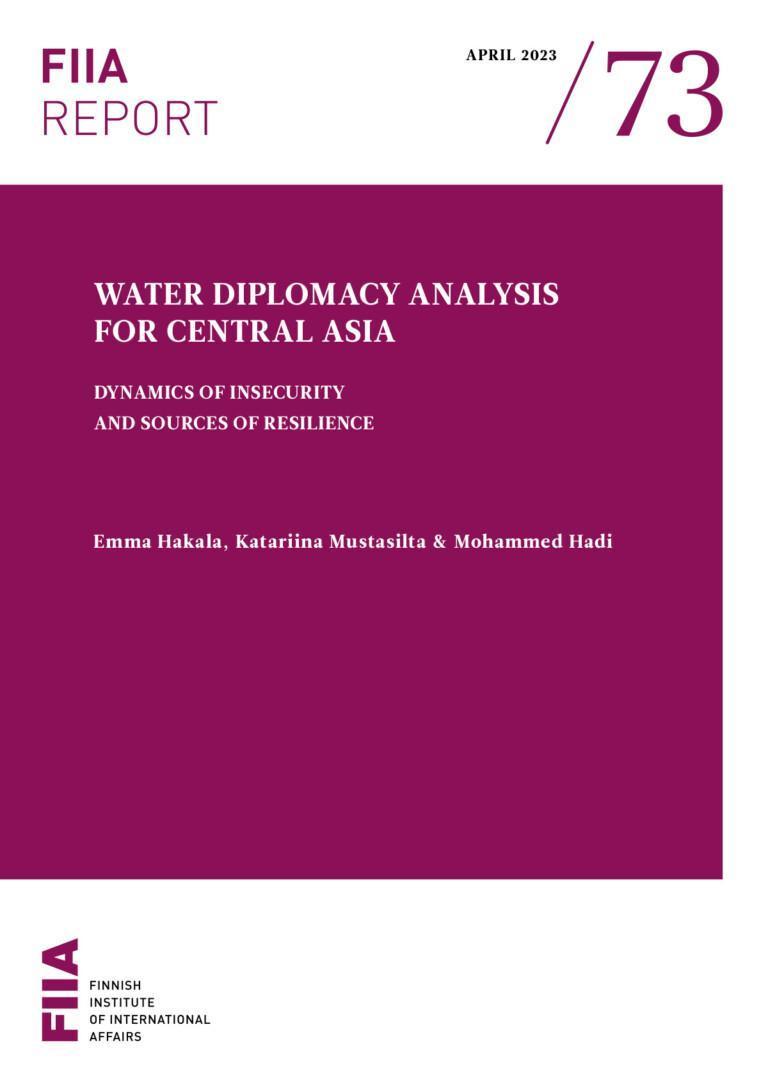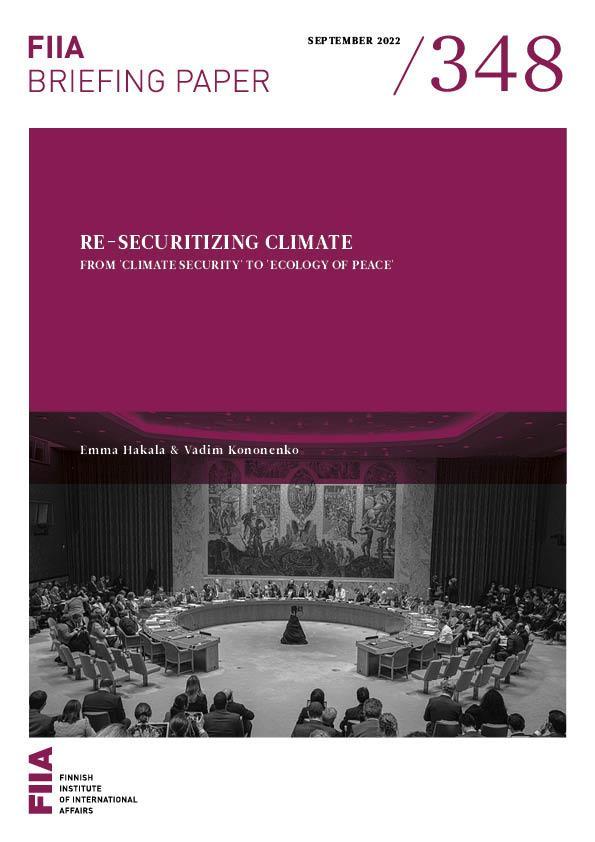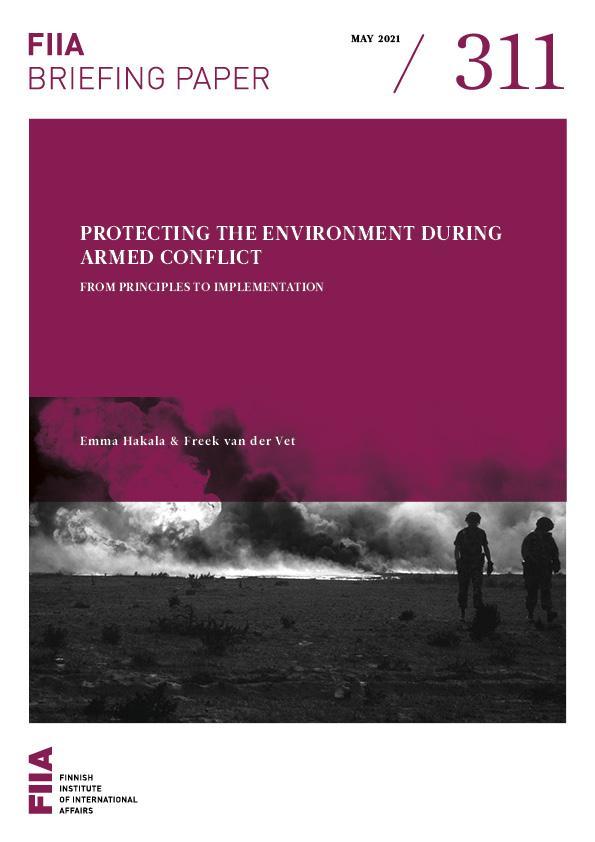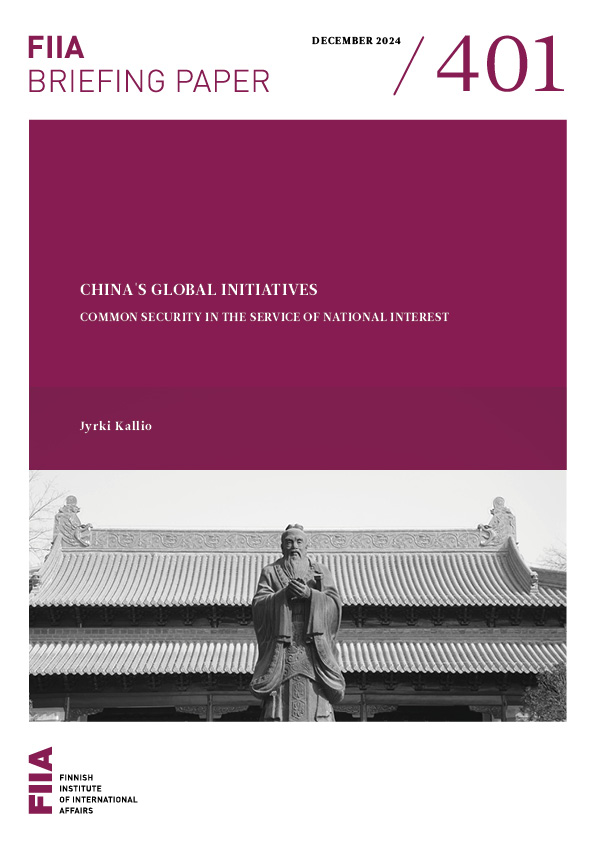Climate change, geopolitical tensions and other global crises emphasise the need for water diplomacy, which refers to the prevention and resolution of political tensions with the help of water expertise and diplomatic tools. Disputes over water can contribute to instability, but fair and well-governed management of water resources can serve as a platform for cooperation and peacebuilding.
In Central Asia, water has a crucial role as a precondition for economic and social development, but also for relations between the countries in the region due to the largely transboundary and shared character of resources. Questions about water use have been intertwined in disputes about other unresolved issues between the countries in the past. As the impacts of climate change become increasingly visible and are likely to further reduce water access, it is important to better understand the water conflict and resilience dynamics.
This analysis traces the potential for water diplomacy in Central Asia. It identifies major conflict factors, peace enablers, regional dynamics and the role of water resources. The analysis takes an anticipatory, forward-looking approach, particularly focusing on sources of resilience and potential points of cooperation.









